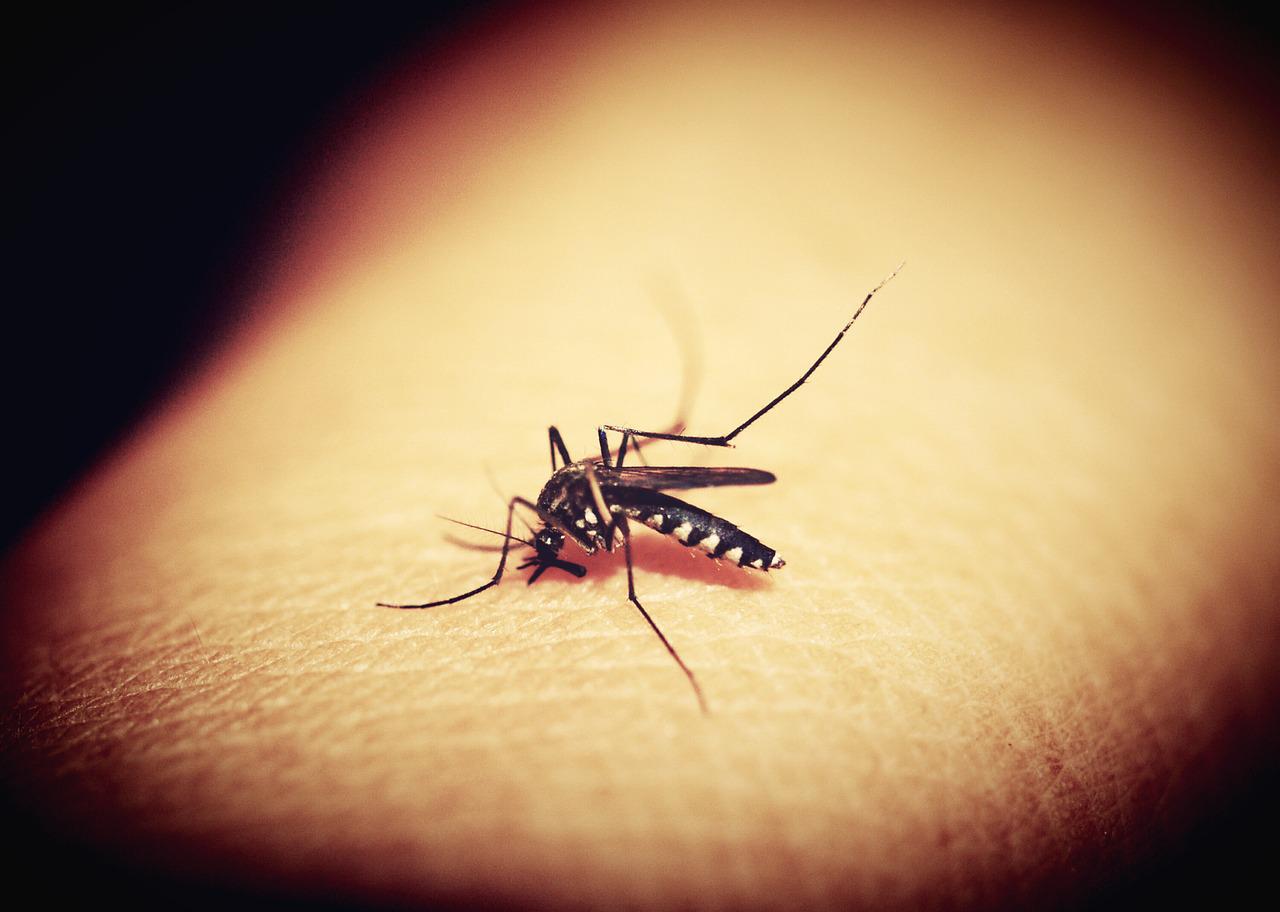
Attenuation of vaccines by irradiation
The attenuation of vaccines is a beneficial use of ionizing radiation that has been used for decades. Now it has allowed a breakthrough in the fight against malaria.
Malaria is a primary cause of childhood illness and death in sub-Saharan Africa. More than 260 000 African children under the age of five die from malaria annually. Malaria is an illness caused by Plasmodium parasites transmitted to humans by infected mosquitoes. Of the five species that infect humans, lasmodium falciparum is the most dangerous in terms of morbidity and mortality. Malaria incidence and prevalence can be reduced through measures such as rapid diagnostic testing, highly effective artemisinin combination therapy, use of insecticide-treated bed nets, and indoor residual spraying. But reductions in numbers of cases have stalled over the last few years and incidence may have increased.
At long last, a vaccine is now available. The RTS,S malaria vaccine is the result of 30 years of research and development by GSK and through a partnership with PATH, with support from a network of African research centers. The Bill & Melinda Gates Foundation provided catalytic funding for late-stage development of RTS,S between 2001 and 2015. The vaccine (brand name MosquirixTM) received a favorable opinion from the European Medicines Agency (EMA) in 2015 after review of its safety and efficacy to reduce clinical Plasmodium falciparum malaria episodes in young African children.
In malaria, the sporozoites are the forms of the plasmodium that are liberated from the oocysts in the mosquito, that accumulate in the salivary glands, and that are transferred to humans when the mosquito feeds. A proper dose of ionizing radiation delivered to these sporozoites prevents replication while preserving metabolic activity
An article published in Frontiers in Immunology on February 15, 2022 details the technicalities of an attenuation process are given on what the authors claim to be the first GMP compliant radiation attenuation of P. falciparum sporozoites. A dose of 150 Gy would be optimal.
In late 2021, WHO recommended to use the MosquirixTM vaccine for the prevention of P. falciparum malaria in children living in regions with moderate to high transmission as defined by WHO. RTS,S/AS01 malaria vaccine should be provided in a schedule of 4 doses in children from 5 months of age for the reduction of malaria disease and burden. The recommendation was based on results from a pilot program in Ghana, Kenya and Malawi that has reached more than 900 000 children since 2019. “The long-awaited malaria vaccine for children is a breakthrough for science, child health and malaria control,” said WHO Director-General Dr Tedros Adhanom Ghebreyesus.


